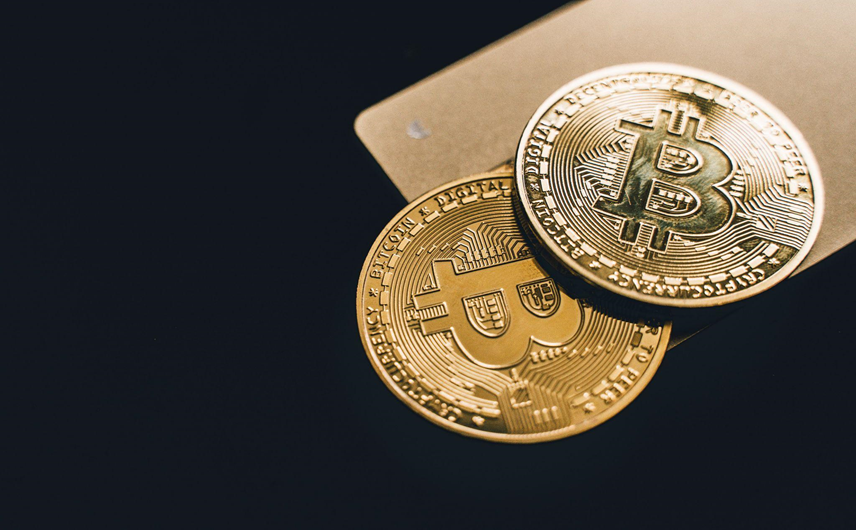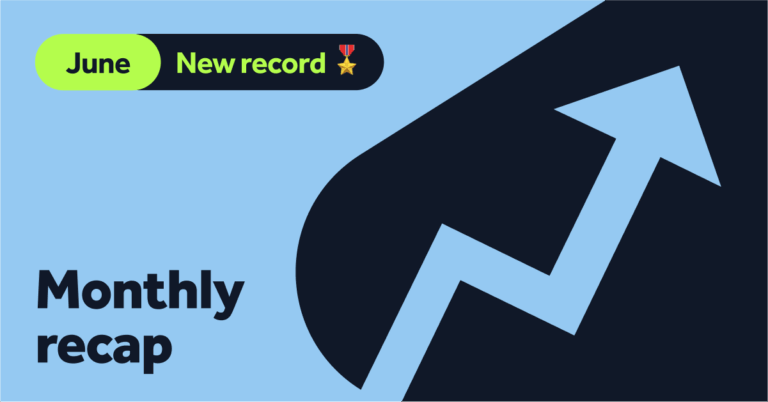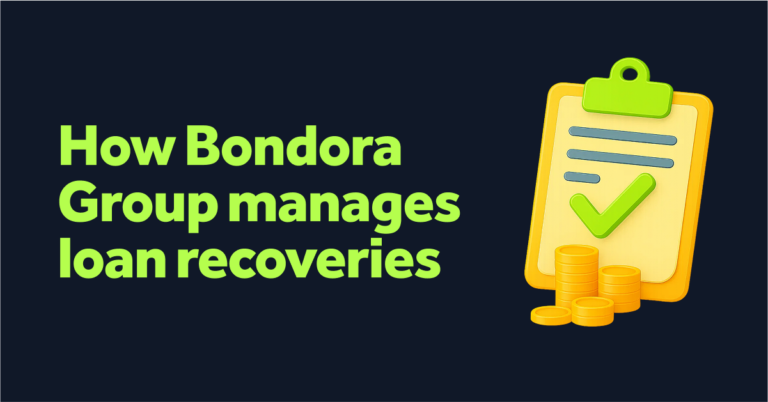2021 marks yet another whirlwind year for the world of finance. There was opportunity, excitement, and a formidable set of old and new problems to contend with. Though the COVID‑19 pandemic has somewhat loosened its stranglehold on the world, people around the globe and across nearly every industry continue to feel its impact.

Despite the pandemic’s persistent global threat, the world’s economy is still managing to grow, with the emergence of new businesses and financial markets swelling to all-time highs. In this blog post, we will review some of the most significant finance trends of 2021, from the Consumer Price Index and cost of living to the shift toward virtual banking and blockchain.
Global & European economy growing despite challenges
After 2020 sent the financial markets into a nosedive reminiscent of 2008, the global economy raised itself from the ashes in a mere matter of months. In 2021, with some of the same challenges continuing to disrupt global business, GDP is still forecast to grow around 5.8%.
Meanwhile, in Europe, emerging economies are forecast to outpace the advanced economies this year, growing by 6% compared to 5.2% for advanced economies. In the EU as a whole, the labor market has also made huge strides toward recovering from its lowest point during the height of the pandemic. The rapid growth of the European labor market (particularly in the summer of 2021) brings hopes of a full recovery soon, and it appears the government’s effort to preserve jobs holds the promise of stable, sustainable growth in 2022 and beyond.
Consumer Price Index (CPI) rising quickly in Europe & the world
In Europe, a year that started with several weeks of deflation has quickly turned itself around. The Consumer Price Index in the Eurozone climbed to 4.1% in the latest forecast heading into December.
One particular sector driving the increased cost of living is energy, where natural gas prices have soared. A resurgence in demand for energy, coupled with lagging production, has sent consumer prices through the roof. From November 2020 to November 2021, the natural gas import price in the EU has increased by a staggering 535%.
EU Household Savings Remain High

2020 was punctuated by record household savings rates, resulting primarily from widespread lockdowns and a drop in consumer spending. In Q3 2020, Europeans saved 24.07% of their income—an all-time high. In 2021, Europeans have continued to save a great deal, storing nearly 20% through the first half of the year.
Digital banking continues to rise
As people have adjusted to an existence that’s increasingly reliant on technology, digital banking continued to gain traction in 2021. The COVID-19 pandemic accelerated the shift toward digital banking, with customers adopting digital banking tools and banks (both traditional and challenger) working to roll out new products to keep pace with the increasing demand for virtual services.
Though digital banking had already taken off in much of the world before the pandemic, the rate of new users adopting these technologies has accelerated in 2021. In early 2020, just 24 percent of Germans reported they would purchase a new banking product on the web; by March 2021, that number shot up to 47%. In addition, more customers are seeking a wider variety of online offerings from their banks, such as self-service features and digital management, mortgage applications, cardless payments, and third-party API integrations to improve user experience.
European IPOs made a roaring comeback
After a modest year for European IPOs in 2020 (135 total), the IPO seems to have regained some of its former glory in 2021. After a red-hot first half of 2021, European IPOs slowed in Q3. Nevertheless, European IPO activity has more than doubled since 2020, with companies raising over €55B across 287 offerings through the first three quarters of 2021. 2021 is shaping up to be the most prominent European IPO year in decades, driven in part by SPAC issues and technology companies that saw immense growth during the pandemic.
Supply chain issues hurt global economic growth
While demand surged in 2021, global supply chain challenges and shortages limited economic growth. From computer chips and chemicals to toilet paper and toys, just about every industry has felt the impact of shortages and supply chain struggles.
The problem of global shortages and supply chain struggles is extraordinarily complex and stems from the perfect storm of increased demand coinciding with decreased supply. From Europe and Asia to the United States, no region appears immune to the logistical problems affecting nearly every sector.
In 2020, many businesses had to let go of employees and factory space. We didn’t feel the effects of that in 2020 since COVID-19 restrictions tamped down demand. In 2021, as vaccines became widely available and countries began to loosen restrictions, demand came roaring back. The overall reduction in labor, space, and materials severely limited (and continues to limit) the ability of producers to generate additional supply to meet new demand. While the global economy has bounced back, the shortages above and supply chain delays have slowed its ability to grow.
Meme stocks and the powerful influence of social media on financial markets
Gone are the days where a company that has poor financials could be cast aside. GameStop finished 2020 at $18.84 per share but reached an eye-popping all-time high of nearly $350 per share by late January 2021. After suffering years of declining sales and closing thousands of stores, GameStop made a heroic comeback propelled by retail investors worldwide hellbent on sticking it to the hedge funds. Using power in numbers, these retail investors banded together to send the price of dying stocks skyrocketing, forcing hedge funds and other investors who bet against the stock to suffer severe losses.

In another surprising twist, AMC Entertainment, a company already sinking before the death blow of the pandemic and government lockdowns, was resurrected by nostalgic moviegoers. As with GameStop, retail investors communicating on Reddit—a popular social news forum—waged war against Wall Street and AMC short-sellers, driving the stock from under $10 per share in May to an all-time high of $62.55 in June.
While there were undoubtedly other notable meme stocks in 2020 and 2021, the key takeaway here is the newfound power of the retail investor. Social media has united millions of retail investors, empowering them to impact financial markets, which we saw with AMC, GameStop, BlackBerry, and others. Wealthy institutions may still dominate Wall Street, but the balance of power slowly shifts as the retail investor exercises its strength in numbers.
The Explosion of Cryptocurrency

Though cryptocurrencies have been around for over a decade, 2021 was a breakout year for digital, decentralized currencies. While the spotlight was on the two largest cryptocurrencies (Bitcoin and Ethereum), thousands of new cryptocurrencies emerged. In 2021, the overall cryptocurrency market cap more than tripled, eclipsing €3 trillion and appearing to have plenty of room to continue its ascent.
Being previously viewed as a completely unregulated gray market with unreasonably high risk, cryptocurrency made a massive jump toward legitimizing itself in the broader markets in 2021. It achieved this with the first-ever Bitcoin ETF in the United States (NYSE:BITO). The ProShares Bitcoin Strategy ETF paves the way for other crypto ETFs and can open the floodgates to more traditional investors interested in exploring the crypto markets.
Increased investment in cybersecurity
Given the proliferation of digital banking, digital payments, and cryptocurrency, it should come as no surprise that finance executives are investing heavily in beefing up cybersecurity. Naturally, banks and other financial firms are targets for cybersecurity attacks. From the largest banks in the world to the developing challenger banks—everyone is prioritizing the security of their customers’ assets and data.
According to a survey conducted by KPMG, 86% of respondents expressed growing concerns about their data privacy. In the same survey, 62% of business leaders believed their companies should be taking additional measures to safeguard customer data.
Thanks for reading! If you enjoyed this article, you might enjoy catching up on the latest fintech news too.


